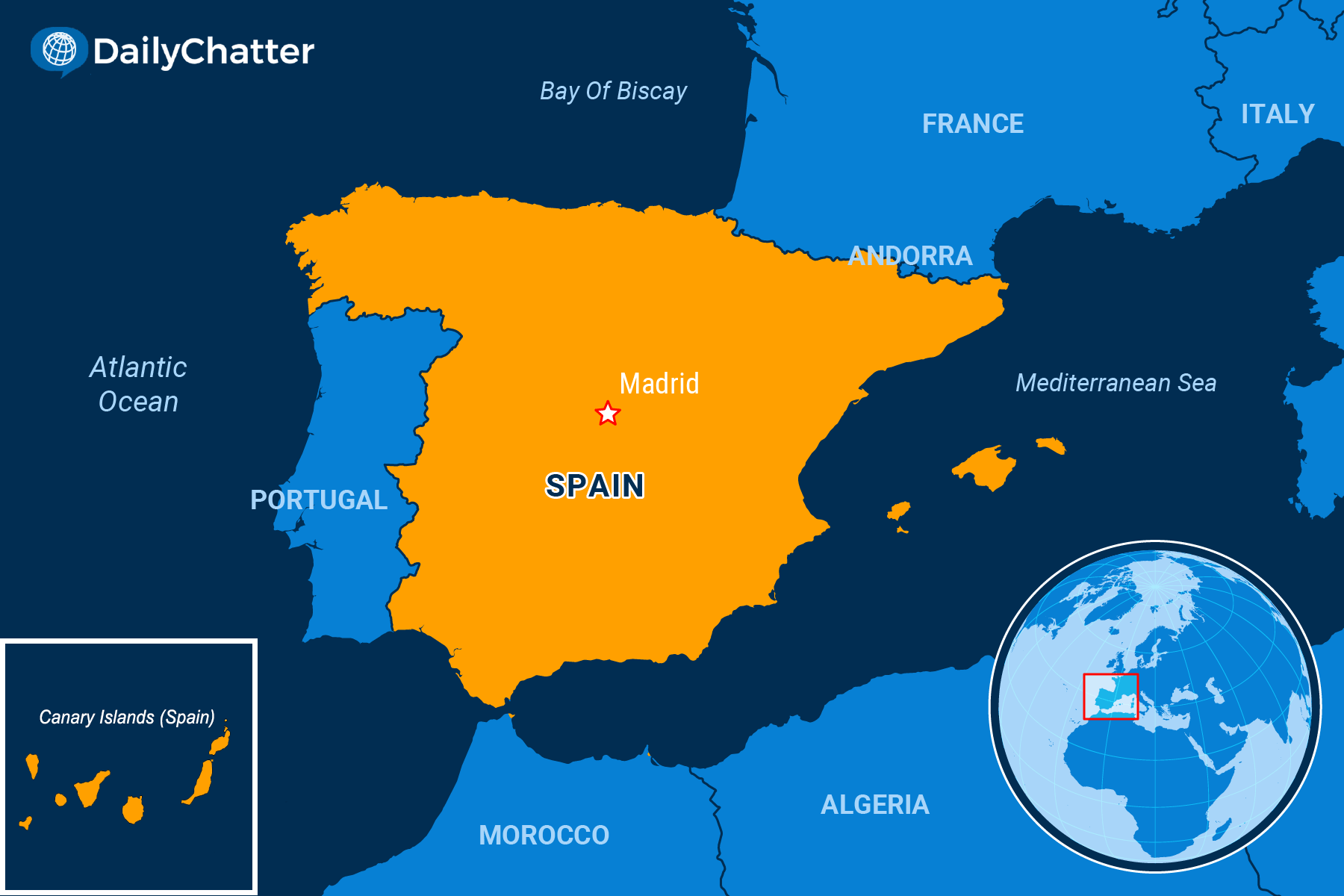Word Wars

The Spanish government will introduce a series of measures aimed at curbing the spread of fake news, an initiative the conservative opposition panned as an attempt to censor critical media, especially conservative outlets, while journalists worried it would endanger press freedoms, Reuters reported.
On Wednesday, Socialist Prime Minister Pedro Sánchez announced the new media rules to the lower house of parliament which will target all forms of media in Spain, including social media platforms and traditional print and broadcast media, in line with the European Media Freedom Act (MFA) approved earlier this year.
The MFA was designed to regulate the media and shield journalists from government spying or being forced to reveal their sources.
“Without free media of quality, there is no democracy,” Sánchez said in an address to the lower house. “Without reliable and diverse sources of information, the citizens are blind.”
Sánchez added that the rules will require outlets to disclose all shareholders who influence editorial policy, detail the amounts they receive from public advertising and third countries, as well as provide transparent audience data.
He added that the government will not give a “stamp of approval” to any media outlet. It would, meanwhile, dole out a $109 million subsidy to help traditional media go digital.
The opposition People’s Party, meanwhile, criticized the new rules as a “law of censorship” and accused Sanchez of seeking to restrict conservative media outlets.
That party said the draft law’s timing is suspect because it comes as Sánchez’s wife Begona Gomez is to appear before a court this week as part of a corruption and influence peddling probe. That story broke in April and Sánchez has since criticized the allegations as a “harassment and bullying operation” against him and his wife by his so-called conservative enemies in politics and the media.
Journalists and media rights advocates told the Voice of America that the proposal may limit the media’s role as a public watchdog.
“They have said they are going to change the law to distinguish between good and bad media,” Nacho Cardero, director of El Confidencial, a news website that has published a series of reports on Gomez, told VOA. “But they have not said what they are going to do.”
The new rules come as debate over media freedom and the policing of harmful or misleading content has intensified in Europe and elsewhere.

Subscribe today and GlobalPost will be in your inbox the next weekday morning
Join us today and pay only $32.95 for an annual subscription, or less than $3 a month for our unique insights into crucial developments on the world stage. It’s by far the best investment you can make to expand your knowledge of the world.
And you get a free two-week trial with no obligation to continue.
